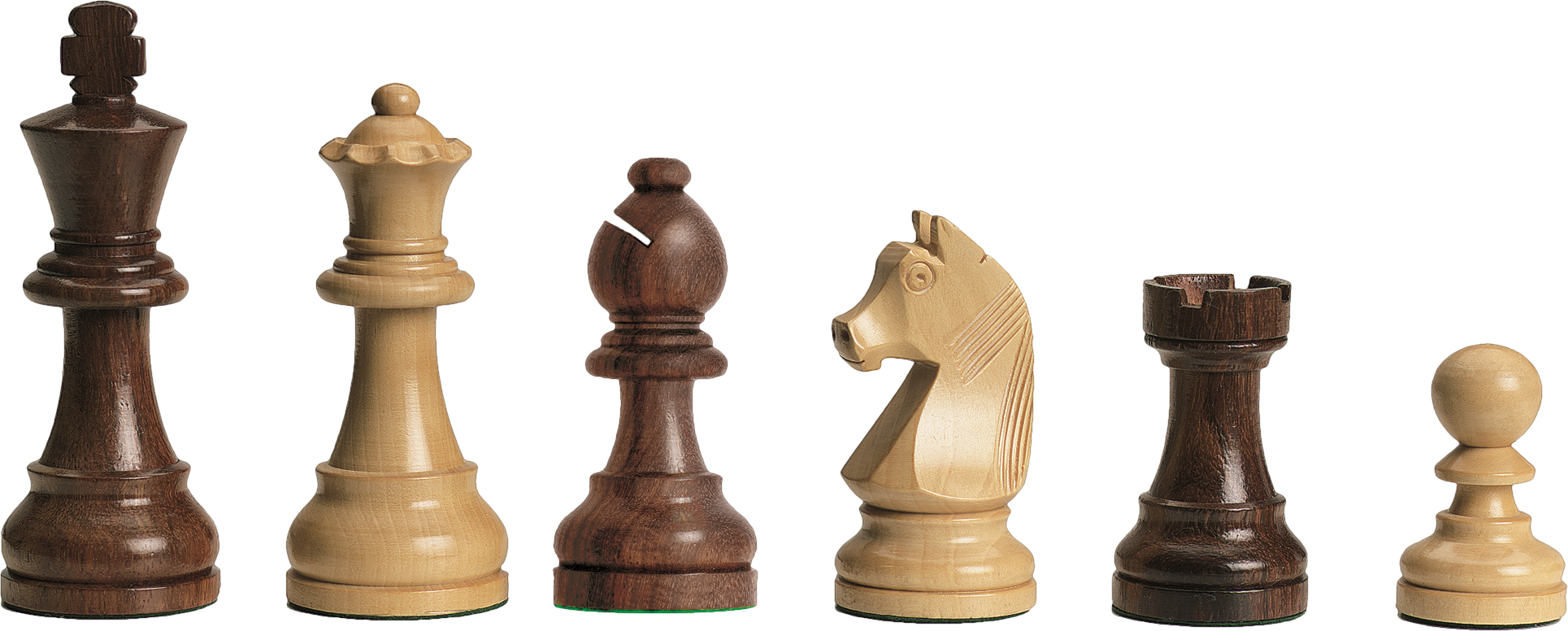Chess, the game of kings, has captured the imagination of players for centuries. Its combination of strategy, tactics, and critical thinking makes it both challenging and rewarding. If you're a beginner chess player looking to improve your game and start winning, you're in the right place. In this guide, we'll delve into essential strategies that will help you build a strong foundation, outmaneuver your opponents, and ultimately achieve victory on the chessboard.

​
Understanding the Basics:
Before diving into specific strategies, it's crucial to have a solid grasp of the fundamental rules and principles of chess:
1. Know Your Pieces: Each chess piece moves uniquely. Pawns move forward, but capture diagonally. Knights move in an L-shape. Bishops move diagonally, rooks move horizontally and vertically, and queens can move any number of squares in any direction. Kings move one square in any direction.
2. Control the Center: The central squares (d4, d5, e4, e5) are critical for controlling the board. Occupying these squares early in the game grants you better mobility and control.
3. King Safety: Keeping your king safe is paramount. This usually involves castling, a move that tucks your king behind a wall of pawns and develops a rook for added protection.
4. Pawn Structure: Be mindful of pawn structure. A solid pawn structure provides a strong foundation for your pieces, while weaknesses can be exploited by your opponent.
Strategies for Winning:
1. Develop Your Pieces Early: Aim to get your knights and bishops out early, ideally by the second or third move. Developed pieces control the board and contribute to a more coordinated attack.
2. Control the Center: As mentioned earlier, controlling the central squares is pivotal. It allows your pieces to move freely and creates opportunities for both attack and defense.
3. Pawn Breaks: Pawn breaks involve advancing a pawn to create weaknesses in your opponent's position. For instance, pushing a pawn to d5 (for Black) or d4 (for White) can challenge your opponent's central control.
4. Piece Coordination: Coordinate your pieces to work together. Rooks on open files, knights supporting each other, and bishops covering different diagonals all contribute to a powerful setup.
5. King Safety: Always prioritize king safety. Avoid moving your pawns in front of your castled king, as this can weaken its defense.
6. Create Threats: Look for tactics that create threats against your opponent's pieces. Pins, forks, skewers, and discovered attacks are powerful tools that can quickly turn the tide in your favor.
7. Consider Sacrifices: Sacrifices can be used to break through your opponent's defenses or open up lines for your pieces. These sacrifices are often tactical and calculated.
8. Endgame Knowledge: Familiarize yourself with basic endgame techniques. King and pawn endgames, as well as basic checkmating patterns, will be crucial in converting your advantage into a win.
Practice and Patience:
Improving at chess takes practice and patience. Here are some additional tips to help you on your journey:
1. Study Notation: Learn algebraic notation to read and record your games. This allows you to review and analyze your play.
2. Analyze Your Games: After each game, review your moves and identify mistakes or missed opportunities. This analysis will help you learn from your experiences.
3. Learn Opening Principles: While memorizing openings isn't crucial for beginners, understanding opening principles (developing pieces, controlling the center) is essential.
4. Tactics Training: Practice tactics through puzzles and exercises. Tactics sharpen your ability to spot opportunities and threats.
5. Play Regularly: Regularly playing games, whether online or in-person, exposes you to different playing styles and strategies.
6. Learn from Masters: Study games played by grandmasters and experienced players. Analyze their moves and understand their thought processes.
7. Stay Open to Learning: Chess is a never-ending learning process. Be open to discovering new ideas, strategies, and techniques.
As a beginner chess player, your journey to becoming a proficient player starts with mastering the basics and building a strong foundation. By understanding fundamental principles, practicing essential strategies, and committing to learning from your games, you'll gradually improve your skills and increase your chances of winning. Remember that chess is not just about victory—it's about the joy of the game, the mental challenge, and the continuous pursuit of improvement. So, embrace the journey, have fun, and let the strategies outlined in this guide guide you toward becoming a more skilled and strategic chess player.








